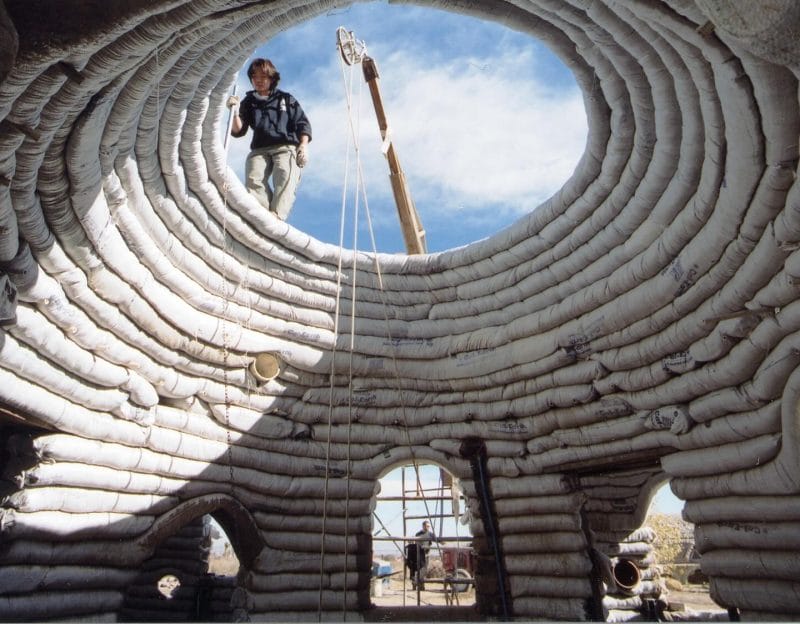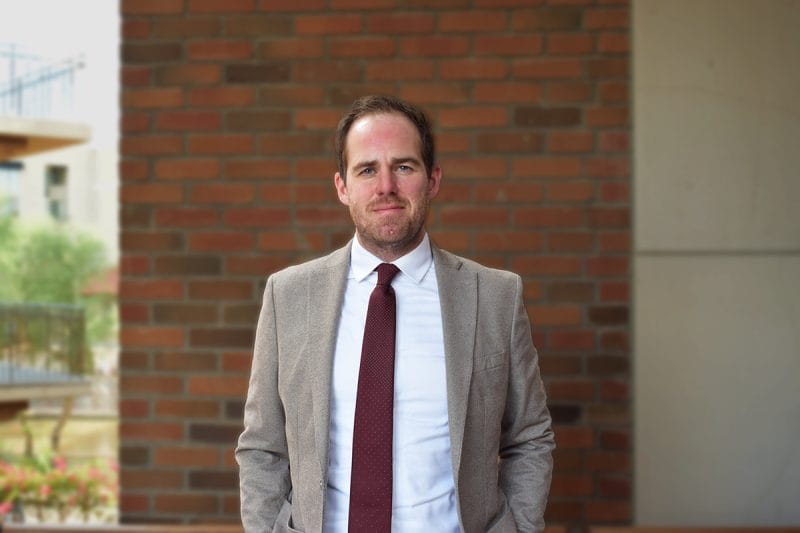Dr. John Galgiani, professor at the University of Arizona and director of the Valley Fever Center for Excellence, is also working on Valley Fever research funded by the Technology and Research Initiative Fund. The funding comes from sales tax revenue generated by Proposition 301./ PHOTO COURTESY UA
By Kyra Haas | Arizona Capitol Times
A new partnership between the state’s three universities and several state agencies aims to increase understanding of issues like Valley Fever and ozone levels in Arizona – and come up with solutions.
The Arizona Board of Regents announced new Regents’ Grants for five three-year research projects in April, allocating a total of about $12 million from its Technology and Research Initiative Fund. The funding comes from sales tax revenue generated by Proposition 301.
Regent Fred DuVal, who chairs the Board of Regents Research and Health Sciences Committee, said the grants came about after he reached out to Gov. Doug Ducey and discussed making universities the state’s “think tank.” While state agencies may occasionally tap into university research, DuVal said the board wants to make that collaboration systemic.
Beyond looking at Valley Fever and the ozone, other research groups are tackling “forever chemicals” – waste management for abandoned Arizona mines and economical recycling. The five projects were selected from a total of 17 proposals state agencies submitted for the first round of grants.
“There are things the state government needs to solve for which they do not have the intellectual capital to solve,” DuVal said.
The Arizona Department of Environmental Quality in particular, DuVal said, has a variety of vexing problems for which they lack resources.
ADEQ Director Misael Cabrera said, “We started with defining the problems. There’s an old adage that says a well-defined problem is a good distance into being solved.”
Cabrera said he hopes the projects will lead to some of the researchers’ findings being implemented through technology or policy.
“I believe it’s brilliant to establish a fund that enables collaboration on some of Arizona’s most pressing needs,” Cabrera said. “And I really, really like the fact that the approach combines practical problem-solving with robust research.”








